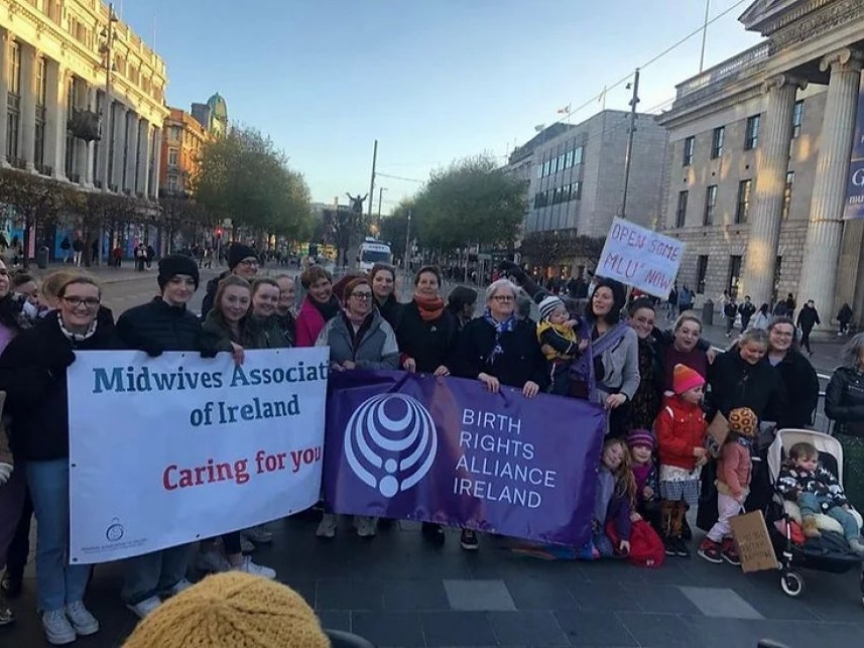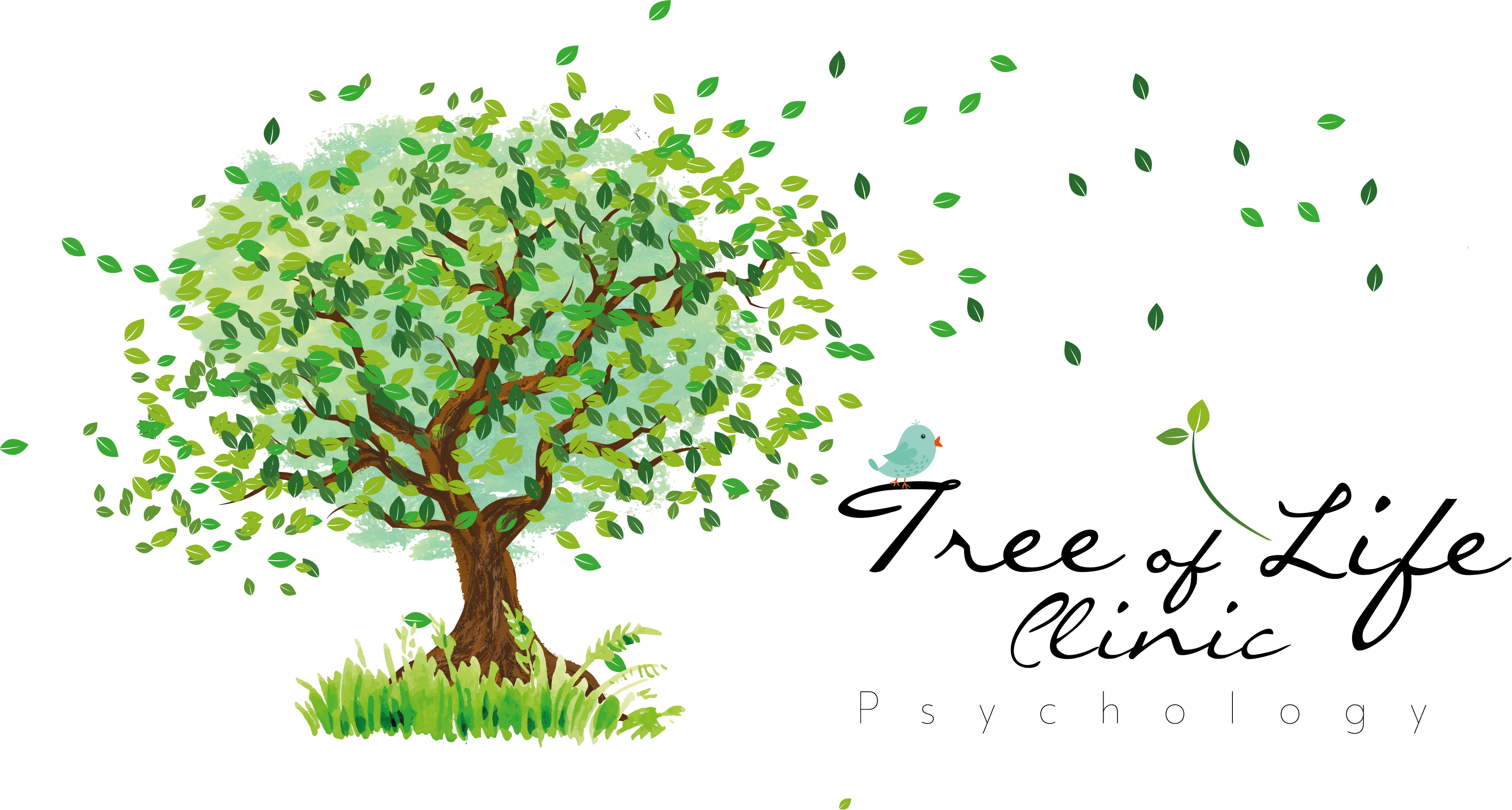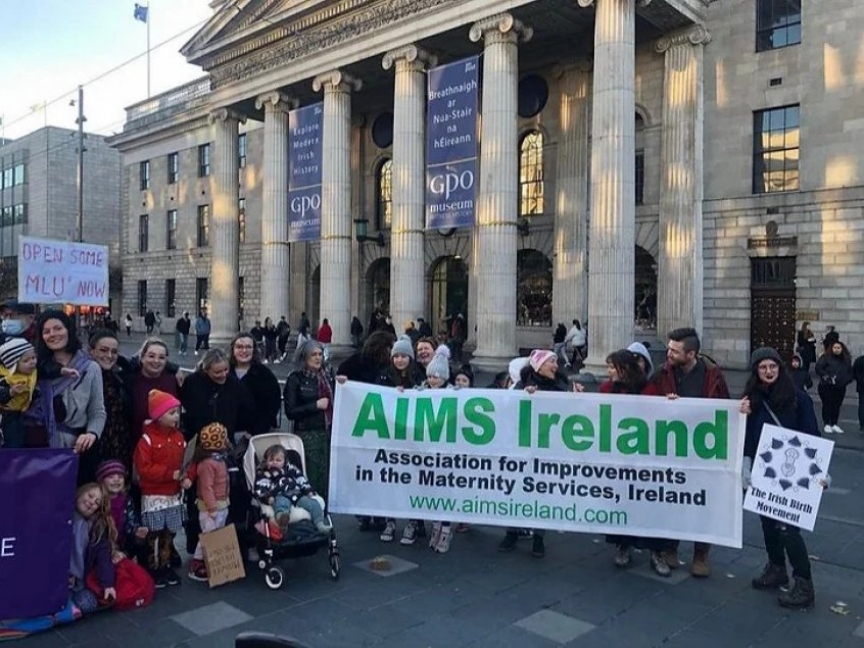Blog
The mental health impact on mothers and perinatal care professionals in the Irish maternity setting

 |
Caroene Santos Murray |
Perinatality, from pregnancy to two years of postpartum, is a period of turbulence for women who need to adapt to simultaneous changes at the biological, psychological, and social levels resulting from pregnancy, childbirth, postpartum and the demands of motherhood, family, relationship, and professional roles.
When entering the parental pathway, women and partners need a team, an assistance team at their side and accurate information and encouragement to follow an empowered and unique path on this journey.
For this to happen, care professionals also need support, so that they can masterfully deliver and carry out these functions of caring for those who care - the mothers.
The Health and Mental health system in Ireland is struggling, professionals are under pressure and there is not enough input from the government regarding our field of work. We are struggling here in so many instances that of course this affects the services. Midwives repeatedly report the struggles in working in the Irish system, and this is not isolated just to work level, this comes together with stress, and mental health challenges such as anxiety and emotional impairments. Midwives are reporting the difficulty of leaving work feeling that you haven't given the care you want to those mothers and babies at the end of shift and the feelings of exhaustion. Many domino/community models of care are suspended and affected because of critical staff shortages. Many newly qualified midwives are leaving to practice abroad. This is a reflection of the system, our invisibility, and lack of support received at government level. Talking on maternal mental health there is evidence that events during pregnancy and birth, such as premature birth, traumatic birth and serious unnecessary procedures and hospitalizations, can be traumatic and lead to post-traumatic stress disorder. Traumatic childbirth is one that is conducted without respect for good practices, which can be for example: not allowing a companion during the entire period of labour, using excessive interventions that are not recommended by the best scientific evidence and respect for women's protagonist, along with numerous others. One in five women experience so intensely and painfully this challenge that they develop mental disorders during the perinatal period. Unfortunately, more than 50% of women are not diagnosed early and 75% of them do not receive adequate treatment and/or support.
The lack of timely and adequate assistance in public health directly impacts the rates of preventable maternal death, with suicide being one of the main causes. This is a worrying aspect worldwide. Maternal suicide occurs most frequently between 6 and 12 months after childbirth. Suicidal maternal behaviour is related to unfavourable obstetric outcomes, birth trauma experience, restrictive care model and history of pre-existing mental illnesses. The training and qualification of health professionals about the psychodynamics and mental health of women during pregnancy and postpartum is an essential tool in the policy of promoting and supporting perinatal mental health and maternal suicide prevention.
Worldwide, maternal mental health problems are considered a major challenge for public health, and, despite this, the issue is still largely ignored, both in prenatal and postpartum care. Perinatal mental disorders are not just related to depression. Women can experience a range of mental health problems during pregnancy and after childbirth: depression, anxiety, post-traumatic stress disorder, postpartum psychosis, panic disorder and phobias. It is essential that professionals and services look at perinatal mental health at critical moments for the health of women and their babies, in addition to being an important period for establishing parental standards, for bonding and for child development. Men can also be affected. This issue is even more hidden than depression among perinatal women. There is a lack of recognition, due to the differences themselves, about how men deal with or seek help.
Prenatal care is still very focused on the risk of the mother's physical health and the baby's development. It is necessary to insert the investigation of social problems into the routine of the teams. In addition, screening for emotional difficulties must be combined with an adequate supply of health services. It is necessary to think about new approaches, virtual consultations, discussion forums, increase in services and staff, etc.
Supporting a mother is, above all, knowing how to listen to her. Support is a facilitator, representing respect and care. Support is building a network of braided fibres of love, care and affection so that the mother can rest in peace with her baby and be able to practice her own way of being born and developing in her motherhood. Support is embracing change in parents lives. Doing it alone does not fit into the life of a newly lost mother. Mothers often cry out for support in silence, for validation of their maternal anguish and they cry out for a humanization of this motherhood where they don't have to do everything alone but do it in group.
"It takes a village to raise a child." This means that the task of raising children is not only up to the mother figure and that is when the support network becomes essential or there is an overwhelming task and physical and emotional exhaustion. We need to put an end to this myth of the warrior mother who supports everything. That kind of thinking only puts a woman in a place of overload. Everyone needs a support network. This type of deconstruction in motherhood and the construction of broader possibilities is one of the most effective self-care processes in mothering. We can extend this to perinatal care professionals also as we need to be respected as human beings.
I came from a different country; I am an immigrant mother living in Ireland and I also work with this niche in the perinatal care. Expatriate motherhood becomes doubly challenging for these reasons. All mothers “who move” or who become mothers in a foreign place have to face the challenge of raising their children, often without greater support networks than the father (partner) or with an itinerant support network, which comes once a year, stays for a few weeks and leaves, or moves, or immigrates again.
In addition to facing all the challenges and difficulties with the arrival of the baby, immigrant women still face the loneliness of living far from their nest of belonging.
Being a mother far from the home where we grew up means being far from our childhood and maternal cultural references. There is a nostalgia here permeated by attachment.
In expatriate maternity, for example, the feeling of impotence in this very sensitive period is common. The family is often far away, the language is strange, the methods are different from those you have fantasized about and are familiar with, even with support, it’s hard to even verbalise these struggles, and there is always afear of not being able to express exactly what is happening in another language. Detailing symptoms is already difficult in the mother tongue, in another language it can be even more tense.
It is necessary to reinvent ourselves and create a certain belonging to this foreign place, it is easier to get help when you are not swimming against the tide all the time.
There is no pre-defined path, a recipe for what will work for us immigrant mothers, but here it is easier to walk along.
We need the professionals to be well, to be visible through the eyes of the system, so we can have support beyond our struggles.
Let’s Walk together, let's fight together.
Together we are stronger and what we all need to succeed is public police support, visibility, and respect.
“Who will be in the trenches beside you?
- And does it matter?
- More than the war itself”.
Ernest Hemingway
Caroene Santos Murray
Child Psychologist,
Perinatal and Parental Psychologist
Tree of Life Clinic Director
|
Follow us on Instagram |
 |




